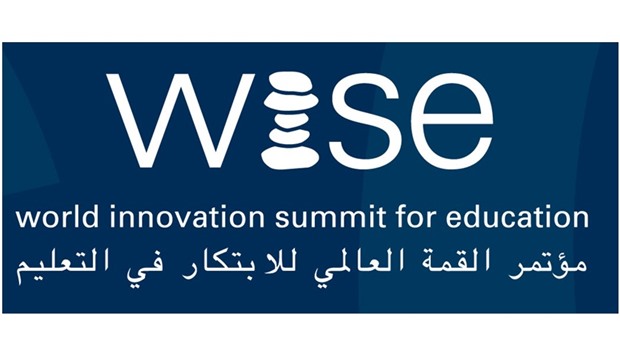
The first regional edition of the Global Education Monitoring (GEM) Report published by Unesco was launched at the World Innovation Summit for Education (WISE) in Doha yesterday. The ‘Arab States Migration, Displacement and Education: Building Bridges, Not Walls’ report analyses the impact of these population movements on education systems in the region and presents a series of urgent recommendations to protect the education rights of those on the move. The Arab States is the region most affected by displacement, which has slowed down its education progress relative to the rest of the world. “There is no doubt that the Arab States are facing a unique challenge to provide an inclusive education. Regardless, displaced children and youth do not leave their right to an education behind,” reminds Manos Antoninis, director of the GEM Report at Unesco. “Policy makers must put themselves in their shoes. Expecting refugees to travel with school certificates is unrealistic, for instance. They must ensure their policies fairly reflect displaced persons’ needs.” The Report has seven key recommendations: Protect the right to education of migrants and displaced people, include migrants and displaced people in national education systems, understand and plan for the education needs of migrants and displaced people, accurately represent migration and displacement histories in education content, prepare teachers of migrants and refugees to address diversity and hardship, harness the potential of migrants and displaced people, and support education needs of migrants and displaced people in humanitarian and development aid.
